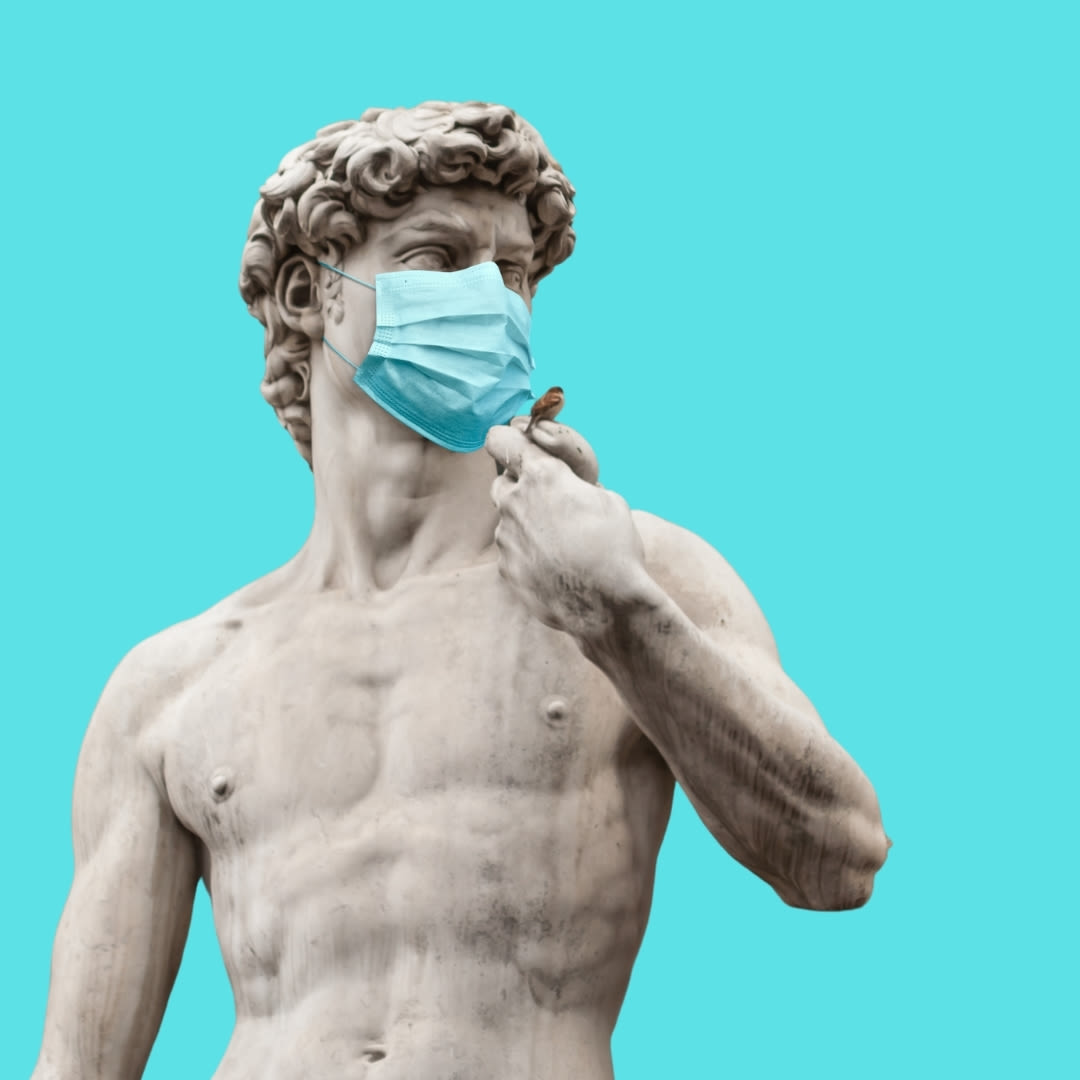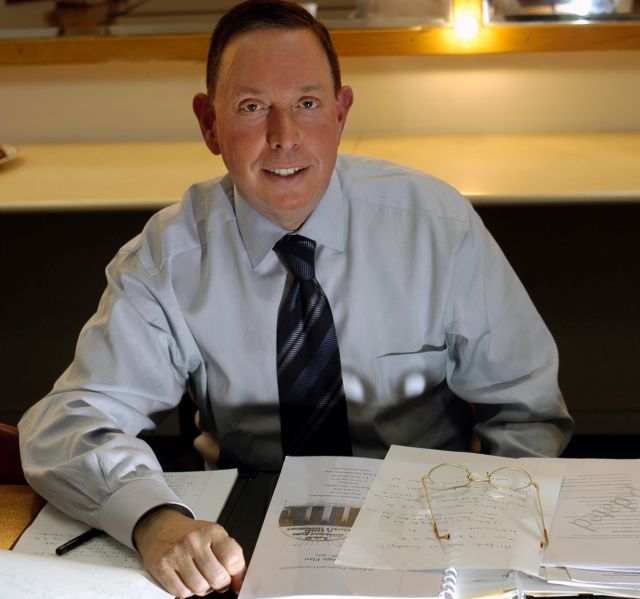Former Kennedy Center Leader and New Sarasota Resident Michael Kaiser on Arts and the Pandemic

What does the future hold for cultural organizations in the wake of the coronavirus pandemic?
Image: Shutterstock
Arts administrator and consultant (and newly minted Sarasota resident) Michael Kaiser is known both nationally and internationally for his stewardship of the Kennedy Center for the Performing Arts in Washington, D.C., from 2001-2014, and for his role as “the turnaround king” for saving arts institutions in trouble, including the Kansas City Ballet, Alvin Ailey American Dance Theater, American Ballet Theatre and the Royal Opera House. He’s now chair of the DeVos Institute of Arts Management at the University of Maryland, which provides advanced training for young arts administrators.
Who better to ask for insights into what the present and future hold for cultural organizations in the wake of the coronavirus pandemic? We spoke with him about the problems and the possibilities facing the arts.

Longtime Kennedy Center president Michael Kaiser
Image: Ilan Mizrahi
Tell us where arts groups stand right now, with many doors still closed or just now reopening.
"When the pandemic started, we offered a free hour of consultation to any arts organization that wanted it. We ended up with 431 hours of conversation. We’ve shared with them that there are four phases to this pandemic.
"In Phase 1, with everyone staying home, organizations did an amazingly good job of pivoting, getting their boards involved, hosting events and galas online, etc. The result was that when their fiscal years ended in June, many of them were in better shape than they would have normally been.
"Now, in Phase 2, with their PPP [Paycheck Protection Program] funds used up and no idea when a vaccine might be available, there will be more layoffs and furloughs, and groups will need to decide whether to “hibernate” or not. When I say hibernate, I mean not shutting their doors, but really going quiet and spending as little money as possible. In Phase 3, when there is a vaccine, and when people can get together again, competition will return, including from Hollywood, movies and so forth, and organizations will have to work hard and be very careful. How are they going to get people to start showing up again, at one location, at 7:30 p.m., for a $100 ticket, when they have been seeing a lot online for free? And Phase 4 is when the pandemic is over, but they need to remember it and the lessons they’ve learned from it.
"One of those lessons is about keeping donors in your family—all the time—and not relying on earned income from ticket sales. We’re advising organizations to be as interesting as they can be, to build on what they’ve done online, and to do a lot of long-term planning, not just six to nine months ahead."
In turning around financially threatened institutions before, what steps or skills have you seen that are required?
"Well, what’s different now is that we’ve never had a period when we couldn’t earn money before, when you can’t sell tickets. But what still applies is what I call 'the cycle.' It starts with the arts organizations that are doing the most exciting art. And then it becomes about marketing, both programmatic marketing and institutional marketing, where you get people to feel that this organization is so cool they want to be involved, sit on boards, give money. When art is great and marketing is strong, that’s what happens. But the irony is that when organizations face financial challenges, those are the two things they cut first. And that gives their people—their family—a chance to wander off to other groups."
So how many arts organizations will we lose because of Covid-19?
"I don’t think we’re going to lose most of them. The tiny ones are already used to doing with very little; they can withdraw and return, be resilient. The very largest ones may be losing the most, but they have huge endowments and big donors. I’m the most concerned with the mid-sized ones. If they’re careful, they can survive, but the longer the pandemic lasts, it’s harder."
Do you know the Sarasota arts community yet enough to predict its future?
"I’ve been to performances here, but I don’t know it well yet. I know there is enough money in Sarasota [to keep the arts going], but I don’t know the depth of the donor base well enough. The quality of the arts is there, though. It’s a wonderful, beautiful city."